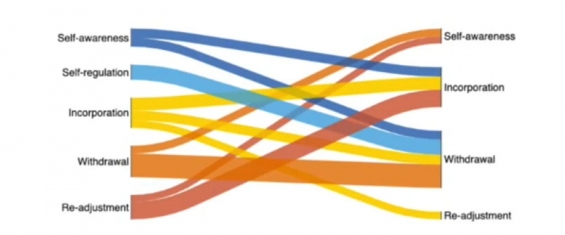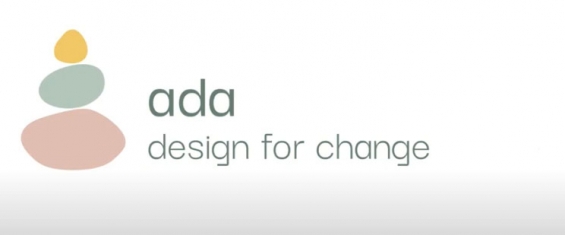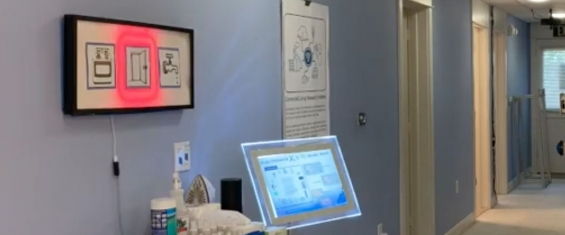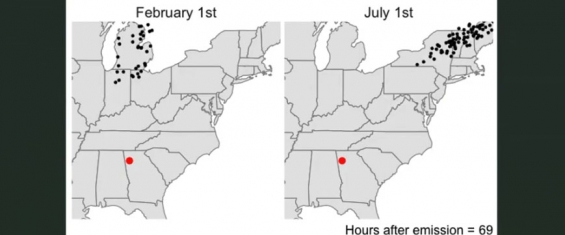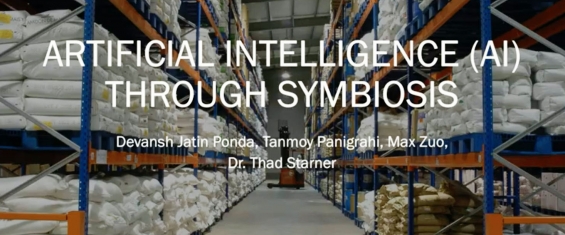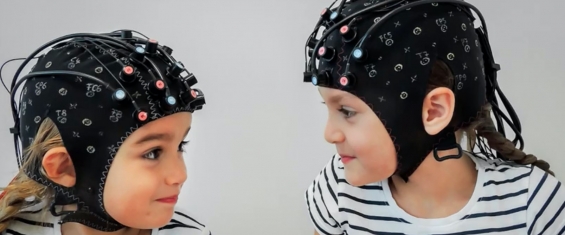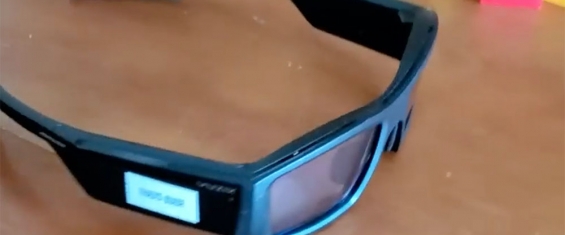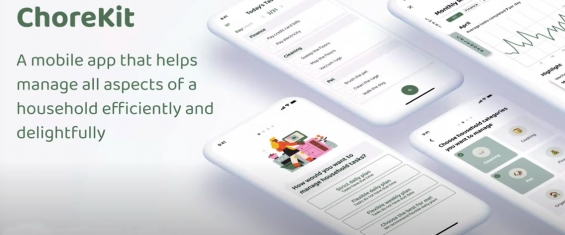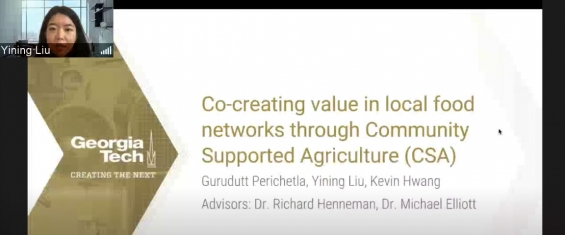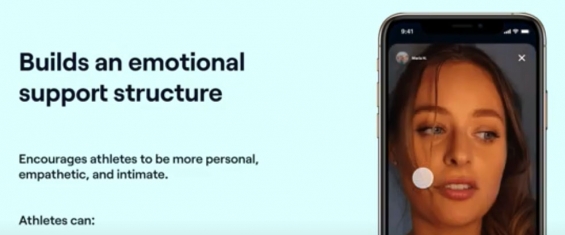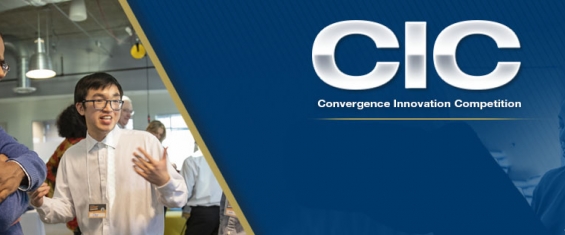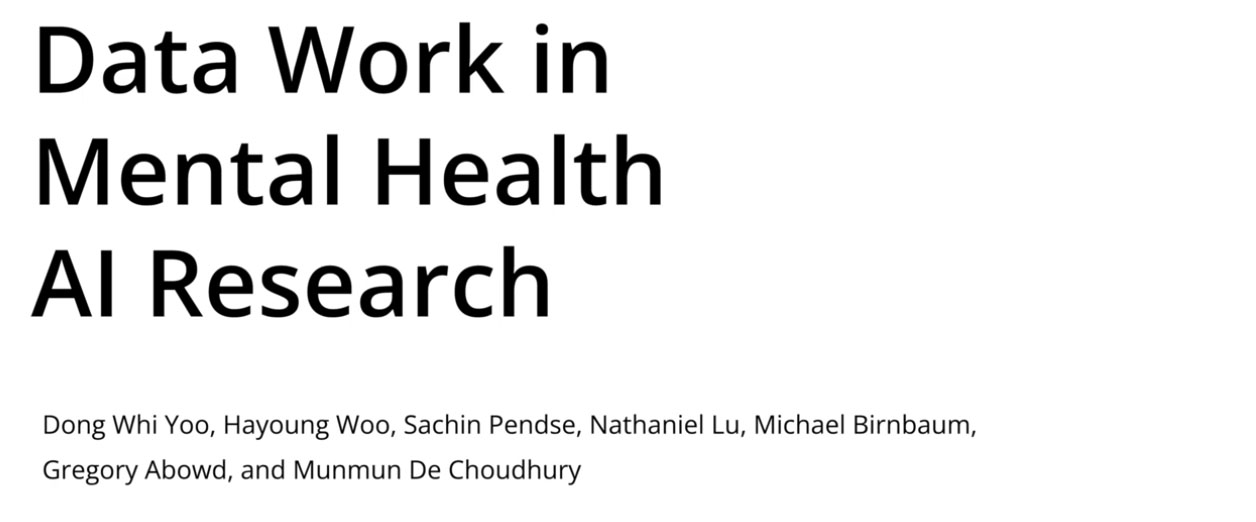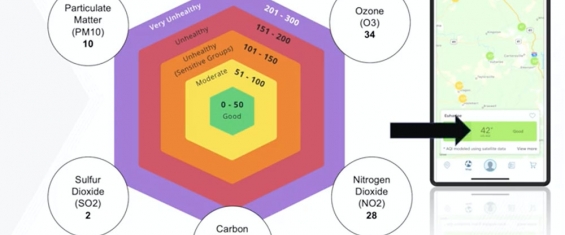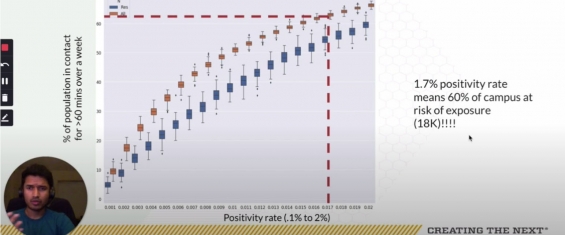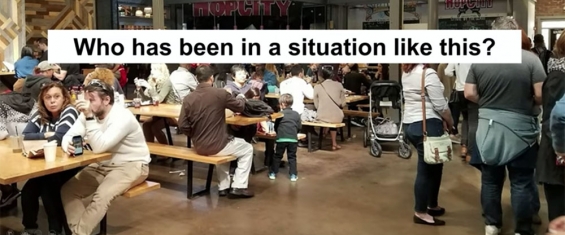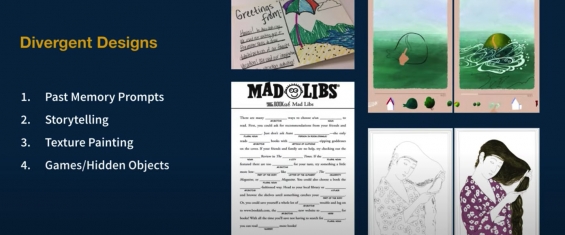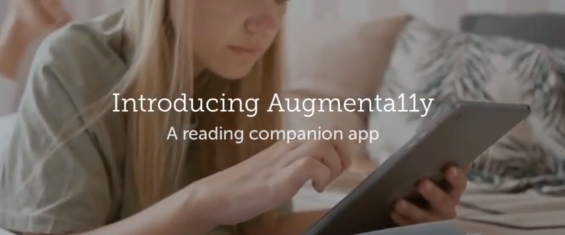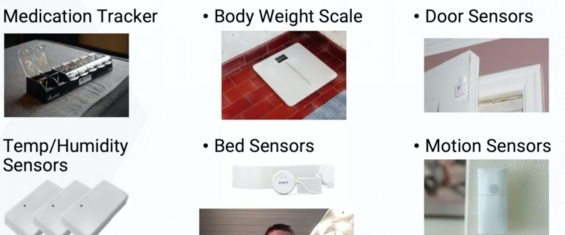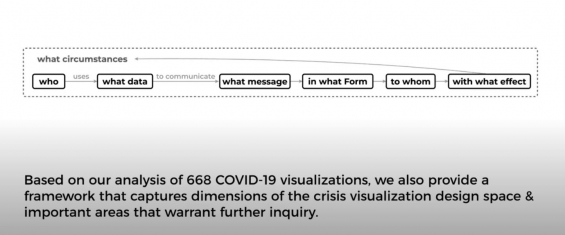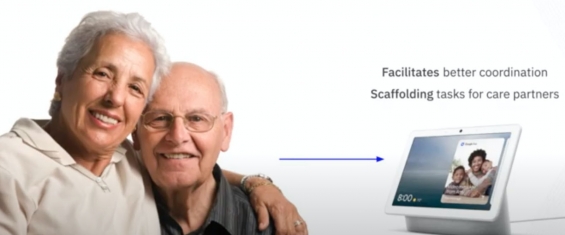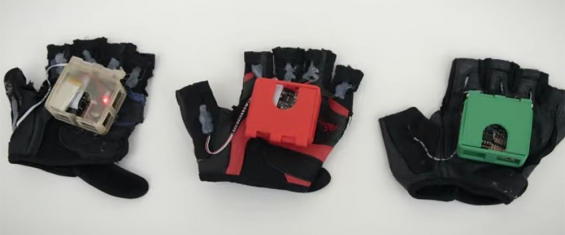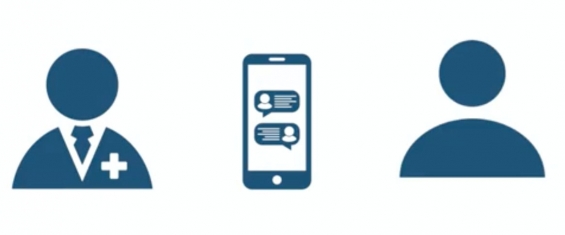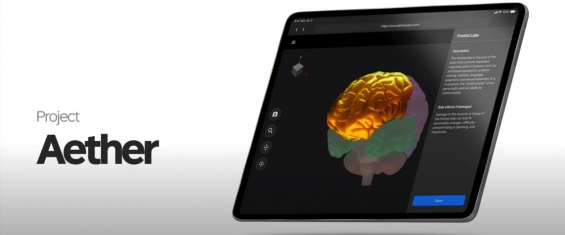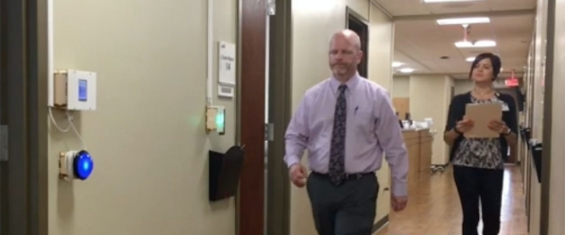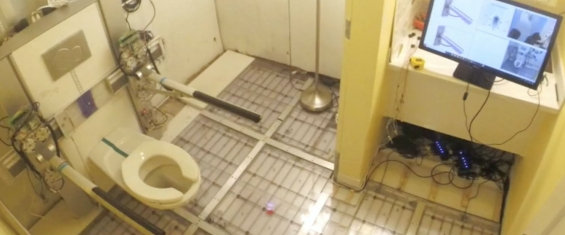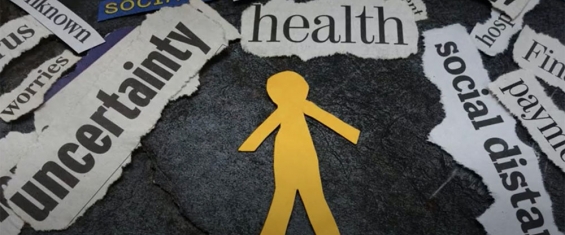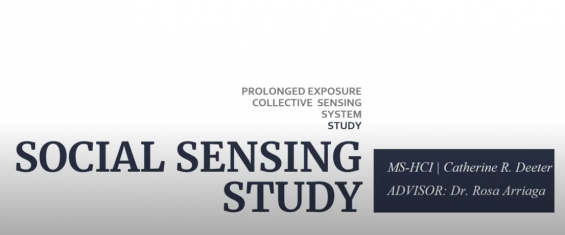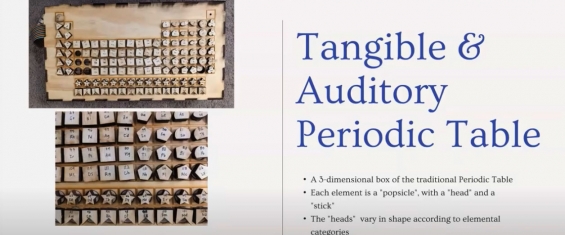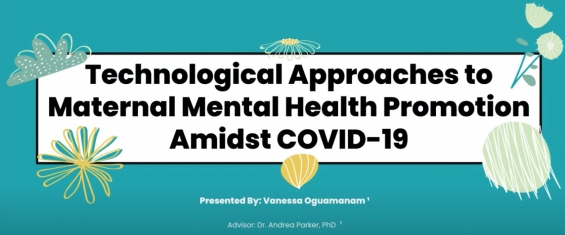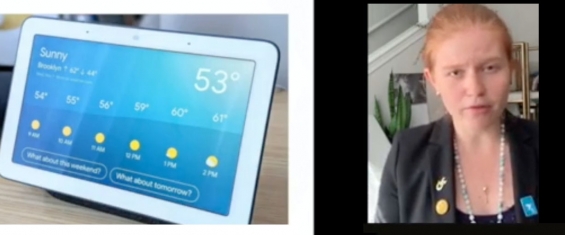From pediatrics to aging, IPaT's continuum of healthcare research is working to promote and enable vibrant and lifelong physical and mental health. Accomplished scholars and clinicians work together to transform healthcare delivery systems by creating novel and easily accessible health and wellness technologies. IPaT has led breakthroughs in health information technology, approaches for increasing patient engagement and treatment adherence, clinical process improvements, and new healthcare delivery knowledge.
Back to Main »
Improving the well-being of people with mental illness requires not only clinical treatment but also social support. This research examines how major life transitions around mental illnesses are exhibited on social media and how social and…
A platform that allows teachers, counselors and parents to follow student's adjustment behaviors.
No matter what age we are, we have likely forgotten to turn off the stove or oven, iron, heater or even water. Forgetfulness can lead to serious events that may result in costly damage to the home or even injury or death. Older adults are more…
This project, the winner of the 2020 EmPOWER Air Data Challenge from the US EPA creates an online tool for exploring relationships between coal power plant emissions, wind currents, and local health impacts.
We're using a revolutionary new approach to optimizing the process of order picking. Contrary to traditional methods, we want to use smart head-worn displays (HWDs) to enable our users to detect and correct errors during order picking in real-…
Most high-speed non-invasive BCI typing systems require intense visual attention and feedback. BrainBraille investigates a more open-loop approach similar to touch typing. BrainBraille enables communication at 20 characters per minute (cpm) by…
Captioning on Glass is an on-going project creating captioning eyeglasses with a companion Android phone app to assist the hard-of-hearing in everyday conversations. We are also working on another version of this app, "Translation on Glass",…
The problem: There’s an uneven distribution of time and effort every family member devotes in doing chores. Usually there’s one person, usually women, in each household that naturally take on more responsibility in managing the household, even…
In Community Supported Agriculture (CSA), members of a local community invest upfront in local farms before a harvesting season in return for "shares" of weekly produce. This promotes agricultural & economic prosperity for the farmers & a…
We designed and evaluated a mobile user interface of a community-based support network platform for young female athletes.
The Convergence Innovation Competition (CIC) is a unique competition open to all Georgia Tech students and is run in both the Fall and Spring semesters. Each year the categories in the CIC are defined by our Industry partners who provide…
Georgia Tech is developing two online tools to help employees with disabilities and their employers figure out what types of accommodations (e.g., assistive technologies, strategies, universal features) might help them perform their jobs. Work…
Recently, Artificial Intelligence (AI) and adjacent areas (eg, big data) have led a rapid advancement not only in computer science but also various other areas (eg, health). To broaden the impact of AI technologies, more data scientists are…
Most public sources reporting air quality data either present the value without sufficient supports for deeper exploration of multiple pollutants or are robust data repositories that are too technical to be accessible to non-scientific audiences…
The Covid-19 pandemic has certainly caused a lot of disruption in how universities operate. Proactive campuses use a combination of testing, tracing, and encouraging safe practices to contain infectious spread while still maintaining some…
Our goal is to improve the speech perception of individuals with mild cognitive impairment in a therapeutic facility through the design of the sound environment. Discerning speech is complex task that is an interplay between the receiver's…
PostArt is a simple, easy-to-use tool for older adults with Mild Cognitive Impairment to create digital postcards for family and friends. In addition to creating, they can share and view postcards created by other members. The goal of PostArt is…
Augmenta11y is an Augmented Reality (AR) app that helps people with learning disabilities like dyslexia easily read textual material in the real world using their smartphones and tablets. By giving users customizable font styles, background…
As part of the Cognitive Empowerment Program, our team in the Everyday Computing Lab uses in-home technology to learn more about Mild Cognitive Impairment and how it affects adults.
In response to COVID-19, a vast number of visualizations have been created to communicate information to the public. Information exposure in a public health crisis can impact people's attitudes towards and responses to the crisis and risks, and…
We aim to understand how conversational agents such as the Google Home can be used to help members with Mild Cognitive Impairment and their care partners in adhering to their medication routines with the help of scheduling features of the Google…
Our Passive Haptic Learning gloves teach the "muscle memory" of how to play piano melodies without the learner's active attention. These gloves can also help wearers recover sensation in their hands after a traumatic event, such as a partial…
Previous studies have revealed that mental health patients share their social media with their clinicians during consultations. They explain what they posted or what they saw on social media or show the content using their smartphones. However,…
Project Aether focuses on bridging the knowledge gap brain tumor and peak anxiety brain tumor patients experience after their initial diagnosis. As a tablet application, it comprises a patient workspace for consolidating information relating to…
Multiple studies have shown a consistently strong association between gait speed of frail older adults and negative functional (e.g., survival) and activity outcomes. However, health care professionals have been slow to measure this physiologic…
The needs and abilities of people who are aging with progressive chronic conditions, such as MS, Parkinson's, ALS and Arthritis fluctuate from day to day. Yet, even when they have supportive AT, such as grab bars, to compensate for functional…
This project aims to provide resources for someone interested in a career in accessibility and inclusive design. Using storytelling, it aims to show people the varied paths that others have taken to achieve their goals, tools they have used,…
Psychosocial Effects of COVID-19 Pandemic
The Social Sensing study is studying the inclusion of social support in therapy for Veterans with PTSD as a part of the larger Prolonged Exposure Collective Sensing System study led by Dr. Rosa Arriaga from Georgia Tech's College of Computing and…
This project is focused on designing a tangible and auditory periodic table educational tool for visually impaired and sighted students.
As the COVID-19 pandemic causes models of healthcare to rapidly shift and as it introduces widespread economic and social stressors, there is a vital need for innovations that help expecting women and new mothers manage their mental health. We…
In this research, we explore how conversational agents, specifically the Google Home Hub, can empower dyads comprised of older adults with MCI and their care partners.

